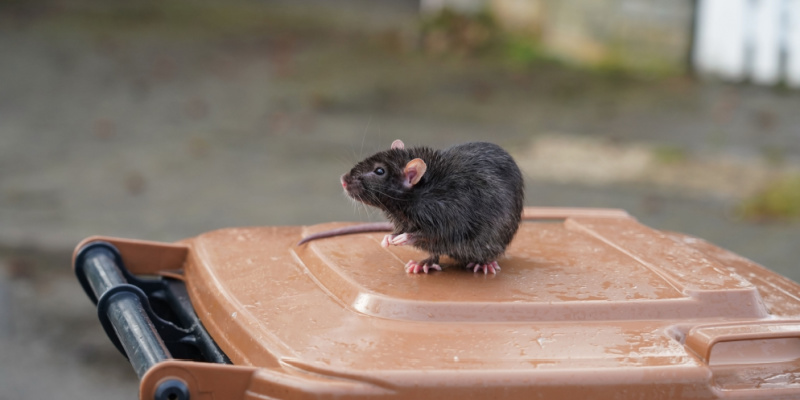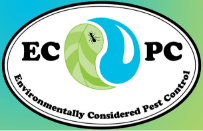
Do Rodents Carry Disease?
Rodents, such as mice and rats, are a common sight in many urban and rural areas. While they may appear harmless or even cute to some, these small mammals can pose significant health risks to humans. One of the most pressing concerns associated with rodents is the transmission of diseases. Let’s look at the relationship between rodents and disease transmission, highlighting the various health risks associated with these pests.
The Health Risks of Rodents
Rodents are known to carry and transmit a range of diseases, and their close proximity to human habitation makes the potential for disease transmission a concern. Here are some of the diseases associated with rodents:
1. Hantavirus Pulmonary Syndrome (HPS)
Hantavirus is a potentially deadly virus transmitted by several types of rodents, including deer mice. When humans come into contact with rodent droppings, urine, or saliva, they can become infected. HPS can lead to severe respiratory distress and can be fatal if not treated promptly.
2. Salmonellosis
Salmonella bacteria can be transmitted to humans through contact with rodent feces or urine. Ingesting food or water contaminated with these bacteria can lead to symptoms like diarrhea, abdominal cramps, fever, and vomiting.
3. Leptospirosis
Leptospirosis is another bacterial disease associated with rodents. Exposure to contaminated water or soil, often via rodent urine, can lead to flu-like symptoms, jaundice, and kidney and liver damage.
4. Lyme Disease
While ticks are the primary vectors for Lyme disease, rodents like mice can host infected ticks, contributing to the spread of this bacterial disease. Lyme disease can result in a range of symptoms, including fever, joint pain, and neurological issues.
5. Rat-Bite Fever
As the name suggests, rat-bite fever is transmitted through bites or scratches from infected rodents. Symptoms include fever, rash, joint pain, and, in severe cases, heart or brain inflammation.
6. Plague
Although rare in modern times, the bacterium Yersinia pestis, which causes the bubonic, septicemic, and pneumonic plagues, can still be carried by rodents. Fleas that infest rodents can transmit the bacterium to humans, causing serious illness and, in some cases, death.
7. Typhus
Fleas that infest rodents are also responsible for transmitting typhus bacteria to humans. Typhus can cause symptoms like fever, headache, and rash, and severe cases may lead to organ damage.
How Rodents Transmit Diseases
Rodents can transmit diseases to humans through various means, primarily through direct and indirect contact. Here's how these transmission routes work:
1. Direct Contact
- Bites and Scratches: Rodents can bite or scratch humans when they feel threatened or cornered. These wounds can introduce pathogens into the human bloodstream, leading to disease.
- Handling Rodents: Directly handling rodents, whether alive or dead, or their waste materials (feces, urine) can expose individuals to disease-causing agents.
2. Indirect Contact
- Contaminated Food and Water: Rodents may contaminate food and water supplies with their droppings, urine, or pathogens they carry. Consuming these contaminated items can lead to infection.
- Airborne Transmission: Dust particles contaminated with rodent feces or urine can become airborne when disturbed. Inhaling these particles can lead to respiratory diseases like HPS.
Preventing Rodent-Related Diseases
To minimize the risk of disease transmission from rodents, it's imperative to take preventive measures.
1. Maintain a Clean Environment
Regularly clean and sanitize your home or workplace. Seal any gaps or cracks in walls, floors, and foundations to prevent rodent entry.
2. Store Food Securely
Store food items in airtight containers to prevent contamination. Clean up crumbs and spills promptly.
3. Dispose of Trash Properly
Keep trash containers tightly sealed and empty them regularly. Rodents are attracted to garbage as a potential food source.
4. Control Rodent Populations
Implement rodent control measures, such as traps and baits, to manage rodent populations. Consider seeking professional pest control services for severe infestations.
5. Wear Protective Gear
If you must handle rodents or areas contaminated by rodents, wear protective gear such as gloves and masks to reduce the risk of direct contact and airborne transmission.
Rodents, while often seen as common household pests, can carry and transmit a variety of diseases that pose risks to human health. It is crucial for individuals to take proactive measures in preventing rodent infestations and seek professional assistance when necessary. ECPC Pest Service offers expert pest control solutions specifically tailored to address rodent issues. Don't wait until it's too late – call ECPC Pest Service today to protect your home and loved ones from the potential dangers associated with rodent-borne illnesses.
